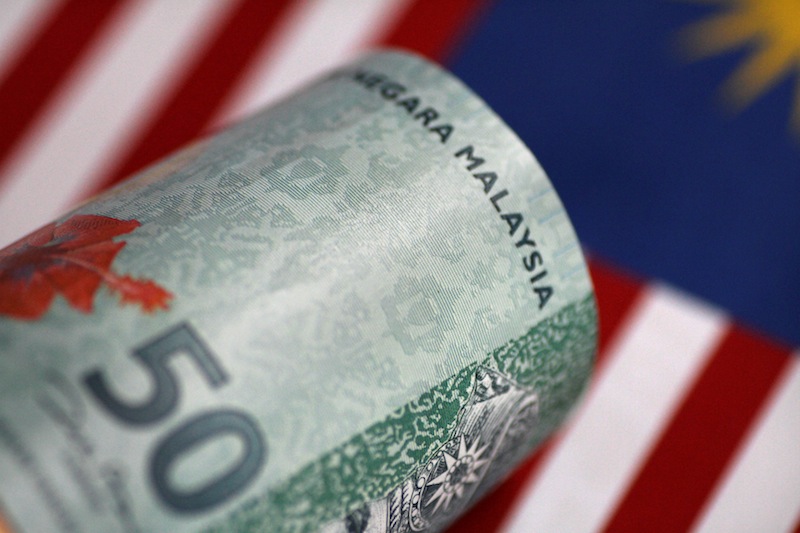KUALA LUMPUR, Dec 23 — Malaysia is prime to join the growing number of countries that have had success taxing stock gains or inheritance wealth as both a revenue source and an effective redistributive mechanism, the World Bank said in its December’s Economic Monitor, contrasting views held by both government and Opposition politicians that the levy would spook the rich and trigger capital flight.
The bank said “a comprehensive CGT” or an inheritance tax could “significantly” broaden the government’s revenue base, made more crucial at a time when public finances are under severe pressure from the Covid-19 crisis as the government sought to save livelihood and keep a devastated economy afloat.
“Countries around the world are currently facing the financial consequences of the Covid-19 crisis, and Malaysia is no exception,” the report read.
“With public finances coming under severe pressure during the crisis, there will be an ongoing need to support economic recovery and meet spending commitments,” the bank added.
“Malaysia has plenty of scope to broaden its tax base by adopting a more comprehensive CGT and/or a tax on wealth, probably in the form of a tax on gifts and inheritance.”
To this day, most political leaders have been reluctant to tax share profits or dividends, raising only a small amount of revenue from capital taxes. There was also hesitation by past and current administrations to heed suggestions for wealth transfers or inheritance to be taxed, since its abolition of estate duty in 1991.
Capital gains are also not taxed with the exception of disposals of real property and shares in real property companies, which are subject to the Real Property Gains Tax (RPGT).
The idea of a CGT or inheritance tax has gained increasing public interest since the coronavirus crisis hit the country, much of it stemming from criticism that the conservative ruling coalition had not responded to the pandemic adequately, even as it boasted about having spent over RM80 billion in cash and other forms of direct aid.
World Bank senior economist Ririn Salwa Purnamasari, at the launch of its December economic monitor report, said the government’s social assistance to date had been insufficient to deal with the magnitude of the crisis.
The bank estimated that as many as a third of households from the lowest income bracket had been excluded from or did not receive any help.
“As our (research findings showed), despite this generous and progressive response programme the government disbursed, two-thirds of households earning RM2,000 and below reported that they were unable, or only partially able to cover their monthly basic needs, even after taking into account all of government assistance,” the economist said.
“At the same time, nearly one in three households in this income group reported to have not received any of these assistance since June 2021,” she added.
On the ground, criticism about the inadequacy of government support has fueled an already raging debate about wealth inequality, which some political analysts believe bolstered class awareness and tensions, prompting more scrutiny of the rich and calls for them to be taxed.
Some economists argue that the absence of a CGT or inheritance tax enables rich households to accumulate more wealth tax-free, further widening the wealth gap.
The World Bank noted wealthier individuals derive more of their income from capital gains and investments in any case.
“For example, if a worker earns US$20,000 (RM84,170) and their neighbour sells an asset for a gain of US$20,000, both individuals have the same income. It is not obvious why the worker should pay taxes on their income, but the investor should not,” it said.
“Wealthier individuals derive more of their income from capital gains and investments in any case. If the tax mix does not include taxes on capital and wealth, the tax burden will fall disproportionately on labor and the less well off.”
Elected leaders from the ruling coalition have so far ignored the call.
Opposition lawmakers, on the other hand, have made their position less clear but some are known to share the conservative view that such a tax would trigger capital flight.
Some self-styled progressive Pakatan Harapan (PH) coalition had made tax reform and fairer redistribution a key election issue in the run up to the 2013 general election. The coalition went on to take office in a historic win five years later but did not introduce the CGT.
Several of its leaders had also reiterated their opposition to a windfall tax proposed by the ruling coalition as a way to raise revenue to fund Covid-19 expenses.



















